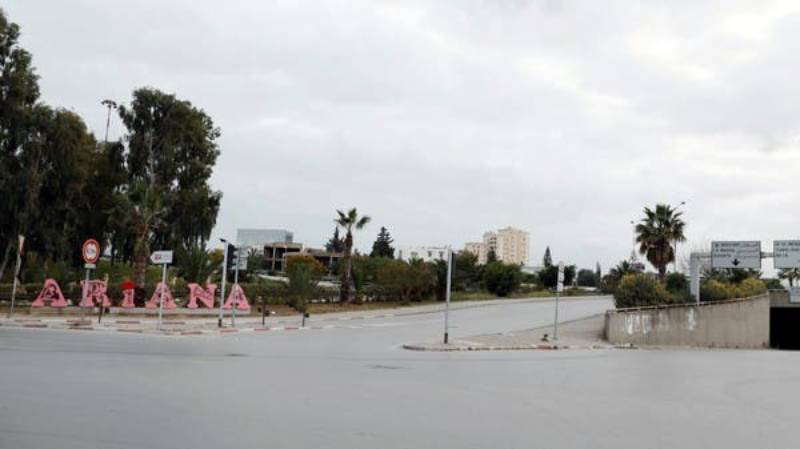×
The Standard e-Paper
Fearless, Trusted News

In an attempt to control the spread of coronavirus, countries across Africa have put in place far-reaching measures and strict policies.
These policies are rapidly changing as the list of Covid-19 cases grow.